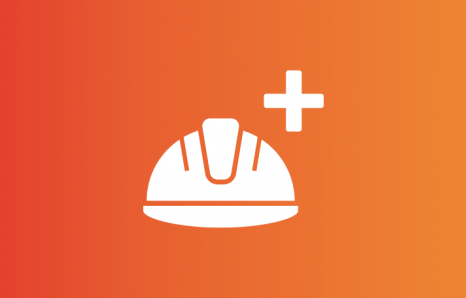Over 20 rail companies are signed up to the award-winning rail industry health data dashboard project. The findings are already providing a powerful tool to generate evidenced based decisions to help businesses to improve overall wellbeing and health for rail staff. This session covers how companies have overcome the challenges of collecting health data, what to do if you are unsure or don’t know where to start collecting data and how it supports the story telling; answering the “why” and “so what” when taking action to drive change. It also touches on how frontline staff are not only the biggest assets to any business but how their reporting is key to identifying and managing the risks posed to rail staff in today’s climate.
You may also be interested in:

On-Road driving fatigue risk in rail operations
Technological innovation in the automation of vehicles is progressing faster than standards or regulatory bodies can keep up with. The overall market share for automated vehicles is expected to increase to approximately 40% of vehicle travel by 2040. However, automated driving is fundamentally different to manual driving. The driver must be prepared to take over control of the vehicle whenever necessary. This shifts the driver’s role from being actively engaged in the driving task to that of a passive supervisor of the system.

Achieving health on a par with safety
We often use the term ‘health and safety’ but really, we only mean ‘safety’. We keep dropping our ‘H’s. And health is so integral to safety, sustainability and satisfaction! We want to get health on a par with safety – where it should be, and this session looks at how we plan to achieve this and provide examples of some specific work being undertaken at East Midlands Railway.

Welcome to Rail Wellbeing Live 2023
Panel discussion: supporting young people’s mental health
Young workers aged 18 to 30 are perceived to be under almost twice as much pressure in their lives as their more senior peers. They’re more likely to be worrying about debt or struggling to pay their bills, which is likely to add to their stress. Companies can and should focus on creating a more inclusive environment and be prepared to step up and support their people.
